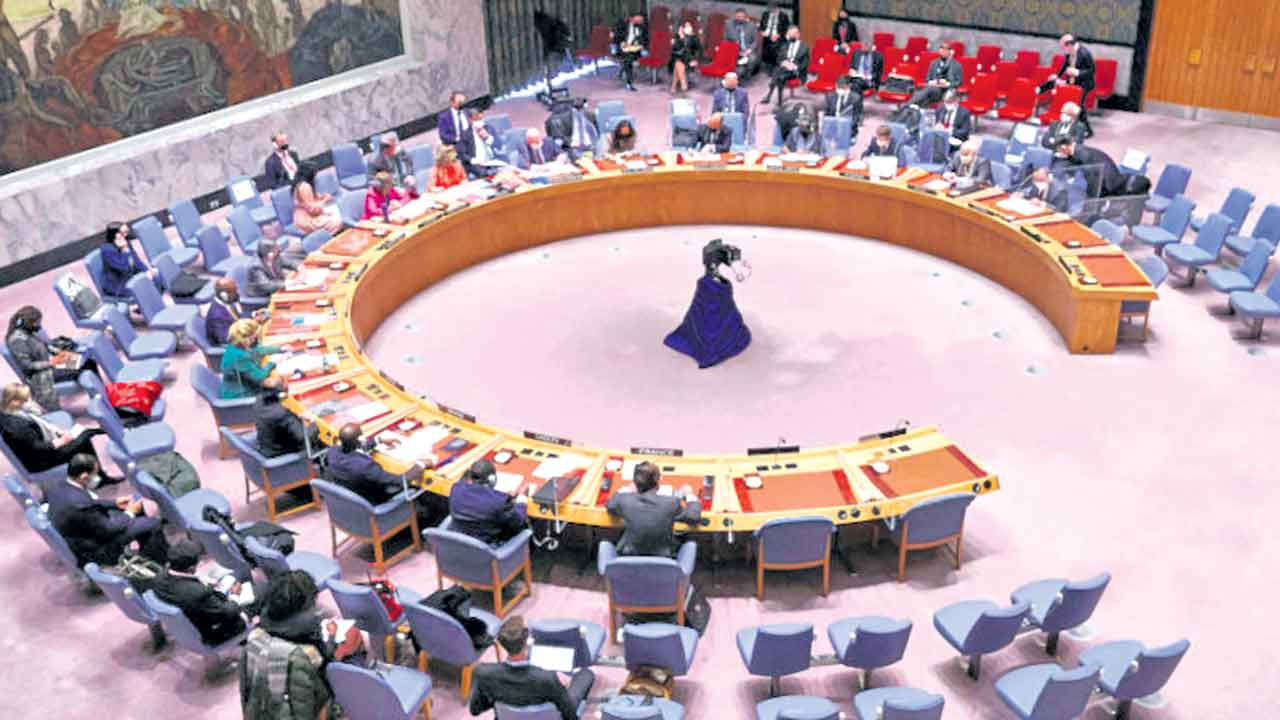TREIRB JL 2023 | Gurukula Junior Lecturers (English) Preparation

Last week 6th Page Continue
Paper-3
Syllabus Analysis & Preparation Plan
The aspirants who prepare for ‘Junior Lecturerin English’ examneed to possess the knowledge of over five hundred years of literary history from the Renaissance to the Post mordern period. One need to study English Luterary Criticism and the prescribed texts in detail.

How to Prepare for Paper-3 (English)?
Section-1: Genres, Movements, Schools, Concepts:
- It is better to begin the preparation with the study of different Literary Genres like Poetry, Fiction, Prose and Drama.
- For each literary Genre , we need to study its meaning, its elements, origin, development in several literary periods, other forms of that genre and also its types.
- For example, if we read the Literary Genre – Drama, we need to begin with its meaning and definitions and about the Greek and Roman Drama.
- Then we need to learn about Mystery Plays, Miracle Plays, Morality plays and the Interludes.
- Then read about its development of like drama before Shakespeare, formation of theatres, contri butions of University wits to drama, drama in Elizabethan Age, dramas of William Shakespeare, contemporaries and successors of Shakespeare, Restoration drama, drama in Augustan Age, Victorian, Modern periods and the contemporary drama.
- Focus on the areas like War of Theatre, Realism, Irish Drama, Kitchen Sink Drama, Epic theater, the theatre of cruelty, Angry young Men, etc
- Finally, the know about types of drama and their features of tragedy, Comedy and tragicomedy
- The same strategy is to be followed for the remaining literary genres as well.
- When we study the different movements the following are to be covered:
1. The Renaissance and Reformation :
Topics to be covered: Context and conditions of the period, the study of Renaissance drama, poetry and prose, translation of the Bible, sonnets, Metaphysical poets, the Cavalier poets, closure of theatres, major dramathis and their contri bution, end of the Renaissance theatre. Read the following periods in details. - Early Tudor Period
- Elizabethan Period
- Jacobean Period
- Caroline Age
- Commonwealth Period/Puritan Interregnum
2. The Enlightenment (Neoclassical) Period - Restoration drama
- The Augustan Age
- The Age of Johnson
3..The Romantic Period - Romantic poets & Gothic writings
4. The Victorian Period and the 19th Century - Sentimental Novels
- Intellectual Movements like Aestheticism and the Decadence.
5. The Modern Period
n Modernist Writers, Realism, etc.
6. The Postmodern Period - Metafiction, Multiculturalism, Magic Poetry, etc.
- As a part of English literary criticism, we need to study the following topics:
a) History and meaning of Literary criticism
b) Types of literary criticism
c) Early English criticism
d) Derailed study of - i. Sidney’s Apologie for Poetries
- ii. Dryden’s ‘Essay of Dramatic Poesy’
- iii. Alexander Pope”An Essay on Criticism’
- iv. Samuel Johnson”Lives of the Poets’ and ‘Prefaces to Shakespeare’
- v.Wordsworth’s ‘Preface to Lyrical Ballads’
- vi.Coleridge’s ‘Biographia Literaria’
- vii. Shelley’s ‘A Defence of Poetry’
viii. Arnold’s Essays in Criticism’
Section-2: Literary Texts - When we read a drama, the following areas are to be covered:
- about the dramatist- life period, nationality, genres, chronological order of works, summary of notable works, style of writing
- genre, sub-genre, structure of a drama, year of publication, original title, setting (time & place), important characters, protagonist, antagonist, conflict, language, important dialogues, point of view, features. Source of the drama etc.
- When we read a poem, we need to focus on:
- about the poets and their works
- genre, theme, tone, speaker, stanza form, meter, foot, central idea, important persons, things and events, stanza wise summary, Figures of speech, rhyme scheme, meaning of key words/phrases/ sentences, imagery, symbols etc.
- Focus in the following elements, when it comes to a novel:
- about the novelist
- type of novel, characters, structure of novel, themes, symbols etc.
- For example, when we read the novel “Tess of d’Urbervilles” we should read like this:
1. Title: Tess of the d’Urbervilles 2. Subtitle: A Pure Woman Faithfully Presented 3. About the Title: Tess Durbeyfield, the protagonist of ‘Tess of the d’Urbervilles: A pure Woman Faithfully Presented’, learns her family name was originally d’Urberville—the name of an ancient noble family long extinct. The subtitle—A Pure Woman Faithfully Presented—is a social comment indicating the author’s belief that Tess, a rape victim, is “pure” despite being a fallen woman by the standards of the day. - 4. Author: Thomas Hardy 5. Type Of Work: Novel 6. Genre: Victorian, tragic, Realist Fiction 7. Time And Place Written: 1880s, England 8. First Publication: First published serially in censored and serialised form in a British daily the Graphic (July—December 1891) and in its whole in book form (three volumes) the same year 9. Date Of First Publication: Three Volumes – 1891, Single Volume-1892 Publisher: Random House, but also published serially in different periodicals
10. Narrator: Anonymous
11. Perspective/Point of View: A third-person omniscient narrator, who focuses on the thoughts and feelings of Tess, Angel, and occasionally Alec. This point of view presents the characters, even at times the antagonist Alec, sympathetically, and causes readers to withhold judgment.
12. Tone: Realistic, pessimistic
13.Tense: Past
14. Setting (Time): The 1880s and 1890s
15.Setting (Place): Wessex, the southwest of England
16. Protagonist: Tess Durbeyfield
17. Structure of the Novel: I. Phase the First: The Maiden
II. Phase the Second: Maiden No More
III. Phase the Third: The Rally
IV. Phase the Fourth: The
Consequence
V. Phase the Fifth: The Woman Pays
VI. Phase the Sixth: The Convert
VII. Phase the Seventh: The Fulfill ment Section-3. English Language Teaching
1. Begin with Charter Act 1813 and read all the major committees and commissions with a special focus on Macaulay’s Minutes. Understand the reasons to call English as a second language and global language.
2. As a part of unit-2, focus in the following areas: - Approach,Method,Technique–meaning,definition,differences
- Major Approaches–Structural Approach, SLT, CLT, Collaborative approach, Constructivist approach etc.
- Major Methods–GT Method,
Direct Method, Reading Method, Bilingual Method, TPR, Silentway Method, suggestopaedia, DOP etc. - Techniques of teaching English including Reflective teaching, Remedial teaching and micro teaching etc.
3. Important areas in third unit are: - Language Skills–introduction, classification
- LSRW–Introduction, Meaning, Process, Subskills, Tasks for the development of each language skill
- SQ3R Method
- Teaching of Prose/ Fiction/
Poetry/ Drama/Essay– objectives, steps - Teaching of Vocabulary and Grammar
4. Unit four is an important unit where we have to get a command over - Evaluation – definition, mean ing, importance, process
- Test, Measurement, assessment and Evaluation in Languages
- Types of test items
- Tests – types (Achievement and Diagnostic Tests.), qualities of a good test
- Approaches to testing
5. As a part of unit-5 we should read cover the areas of phonetics, phonology, syntax and structure
Suggested Books
1. The Routledge History of Literature in English
2. Beginning Theory- Peter Barry
3. A concise history of Indian Literature in English- Arvind Krishna Mehrotra
4. Literary Criticism a short history- Wimsatt and Brooks
5. A Glossary of Literary Terms- M.H Abrams
6. A Textbook of English Phonetics for Indian Students
7. Original texts and their critical analysis
Model Questions:
1. The Vertical relations between any single word in a sentence and other words that are phonologi cally, syntactically, or semanti cally similar, and which can be substituted for it is known as : (A) Suprasegmental
(B) Juncture (C) Syntagmatic
(D) Paradigmatic
Answer:D
2. In which book has Swati Joshi argued that _“English cannot be viewed like any other foreign language. The teaching of English has a long history; a history of political and economic subjugation of the Indian masses; a history of marginalization of native forms of culture”_?
(A) Subject to Change
(B) Rethinking English
(C) English in India
(D) Introduction to English Studies in India
Answer: B
3.. The line _“Then all smiles stopped together”_ in ‘My Last Duchess’ suggests that…
(A) The duchess became serious and stopped smiling
(B) She took the Duke’s warning and stopped smiling
(C) The Duke had her killed
(D) The duchess abandoned the Duke
Answer: C
4. What is the primary reason why the Durbeyfield send This to Trantridge?
A. so that she may not shame the family with her illegitimate child
B. so that she may eventually marry a nobleman
C. so that she may claim kinship with the d’urbervilles
D. so that she may find employment with Mrs. stoke-d’urberville.
Answer: C
5. The phrase disassociation of sensibility was first used by:* - (A) Philip Sydney (B) T. S. Eliot (C) John Dryden
(D) Mathew Arnold
Answer: B
6. A woman drew her long black hair out tight And fiddled whisper music on those strings’. From which section of Eliot’s The Waste Land are the above lines taken?_
(A) A Game of Chess
(B) What the Thunder Said (C) Burial of the Dead
(D) Fire Sermon
Answer: B
7. Which of the following statements is not correct ? (A) Browning produced a number of plays in the Bells and Pomegranates series (B) Dramatic Romances and Lyrics is authored by Robert Browning (C) In a Gondola is a little lyric tragedy (D) The Ring and the Book is written by Tennyson
Answer: D
ch srinivas
faculty srinus
englishchamps
Previous article
NIPER JEE 2023 | నైపర్ ఫార్మా కోర్సుల్లో ప్రవేశాలు
Next article
TS DEECET 2023 | టీఎస్ డీఈఈసెట్-2023
Latest Updates
దేశంలో ‘జీవన వీలునామా’ నమోదు చేసిన మొదటి హైకోర్టు?
తాత్వికతను తెలిపేది.. రాజ్యాంగానికి గుండెలాంటిది
ఎలకానిక్ రికార్డులు.. ప్రాథమిక సాక్ష్యాలు
శుక్రకణాలు తాత్కాలికంగా నిల్వ ఉండే ప్రాంతం?
సెకండరీ ఎడ్యుకేషన్ కమిషన్కు మరోపేరు?
‘వెయ్యి ఉరిల మర్రి’ గా పేరుగాంచిన ఊడలమర్రి ఏ జిల్లాలో ఉంది?
రక్షణ దుర్గాలు – నాటి పాలనా విభాగాలు
క్యారెట్ మొక్క ఎన్ని సంవత్సరాలు జీవిస్తుంది?
ప్రపంచ ప్రసిద్ధి అగాధాలు – ఐక్యరాజ్యసమితి లక్ష్యాలు
అణు రియాక్టర్లలో న్యూట్రాన్ల వేగాన్ని తగ్గించేందుకు ఉపయోగించే రసాయనం?






